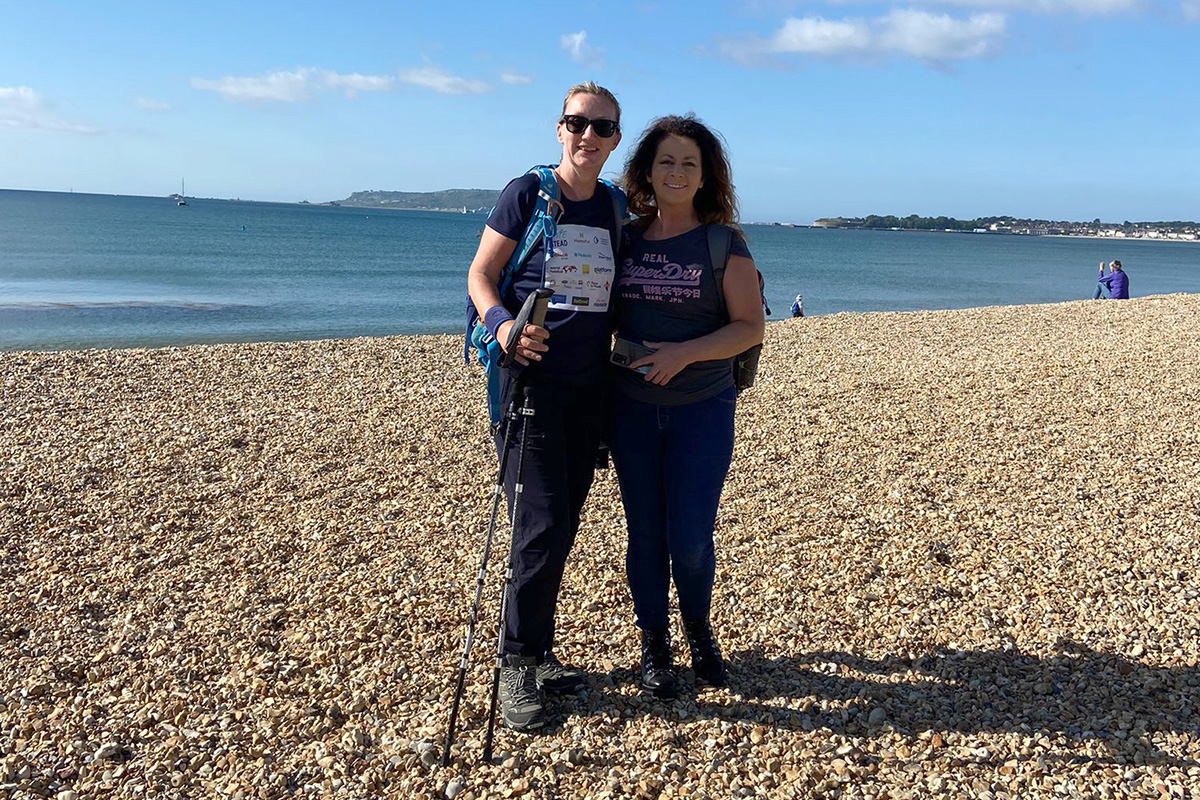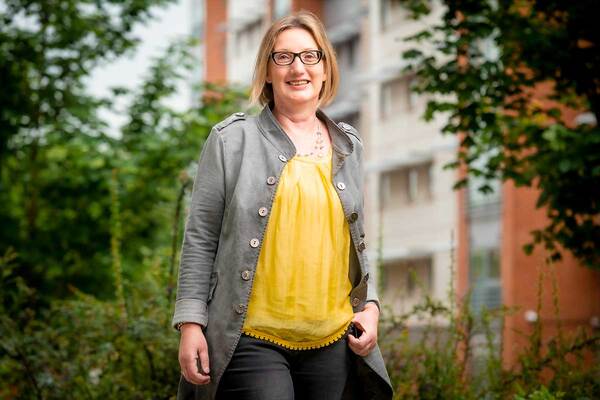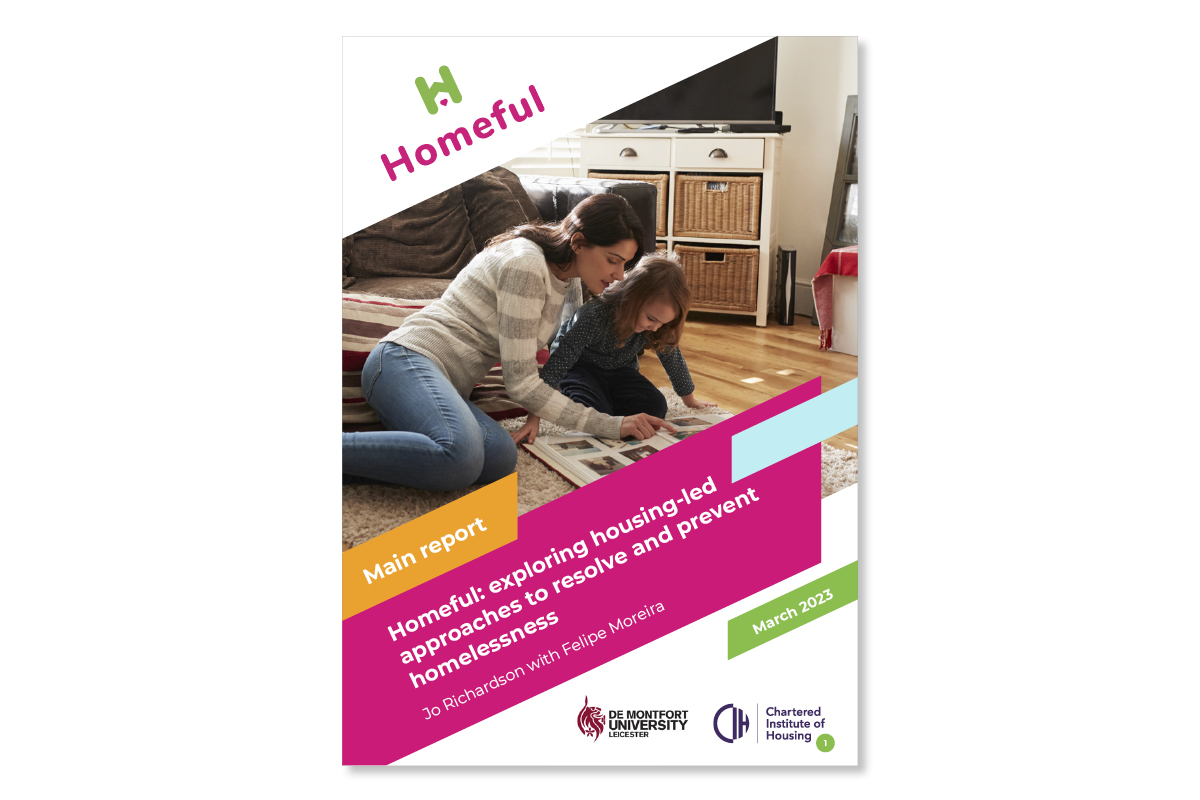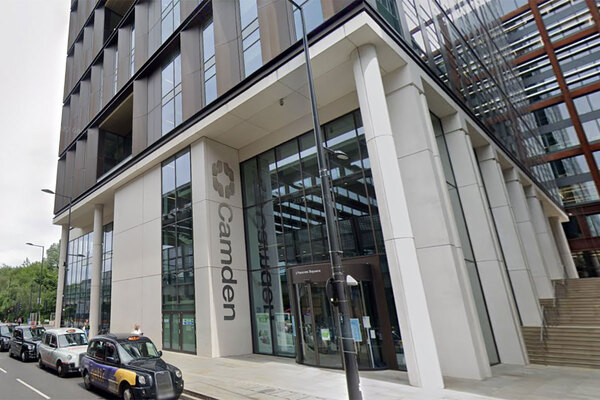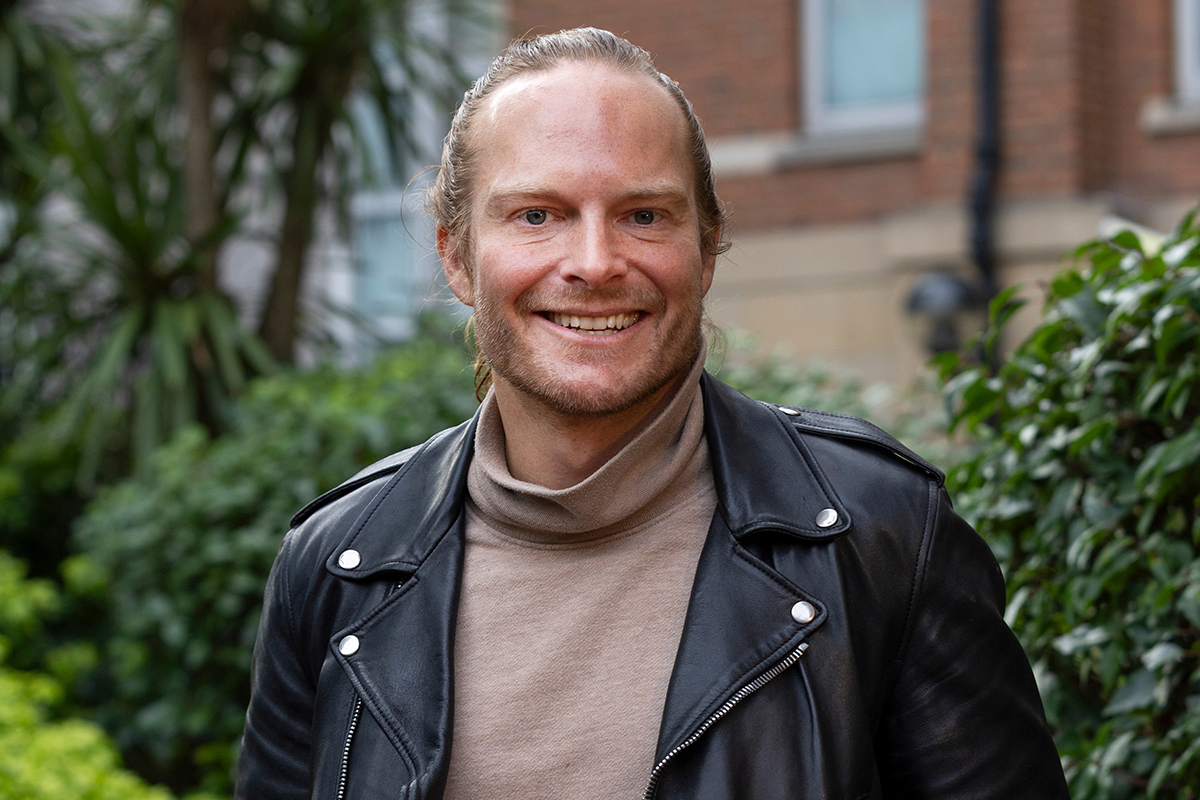Calling tenants and social landlords: join the coalition of the willing to end homelessness
As president of the Chartered Institute of Housing, Jo Richardson made it her mission to end homelessness. Now, with a new research report out looking at how best to do that, she hopes a “coalition of the willing” will now form to drive change. Martin Hilditch takes a look

Last year, as president of the Chartered Institute of Housing (CIH Jo Richardson undertook a grueling 630-mile trek in just over a month as part of her campaign to end homelessness. Now, she thinks it is time for social landlords and government to put in the hard yards.
In March, Professor Richardson, professor of housing and social inclusion at De Montfort University, published a research report commissioned as part of her homelessness campaign. The Homeful report (Professor Richardson coined the phrase by splicing the words ‘hopeful’ and ‘home’ to create a term that was the polar opposite of ‘homeless’) sets out recommendations for social landlords and governments to help end homelessness. We will get to them shortly. But for the report to succeed, it needs to be backed up with action.
The research itself suggests that the sector needs to form a stronger “coalition of the willing” if there is to be any hope of ending homelessness (sector leaders identified such a coalition as a key ingredient to success during the research for the report).
Today, the vanguard of that potential coalition has braved train strikes to travel to Leicester to discuss the report and potential next steps. Participants include charities, social landlords, councils, academics, funders and campaigners. In the grand surroundings of De Montfort University’s Trinity House, a former hospital founded in 1330 by the grandson of King Henry III to care for poor people, they hear testimonies from people who have been homeless about their experiences and what home means to them.
Inside Housing is along to chair the conversation, which takes place under Chatham House rules, meaning participants will not be identified, to encourage them to talk openly. We want to find out how the people in the room think the report could be taken forward and what any future coalition of the willing might look like.
Before we look at that, let’s kick off with what the Homeful report actually says. It has recommendations for the UK government, such as requiring the regulator in England to monitor social landlords’ performance on homelessness (this was also recommended by the Kerslake Commission). It also recommends lifting the cap on housing benefit and stopping the sale of homes through the Right to Buy in England. It suggests that all four governments in the UK invest in social housing through better capital grant provision. And it suggests that councils consider alternative models of funding to build social housing, all social landlords take time to properly listen to tenants to understand what they need to create and maintain ‘home’, and that they provide furnished tenancies. It also encouraged more organisations to sign up to the Homes for Cathy homelessness campaign principles.
For Professor Richardson, there is one recommendation above all that sticks out. “The main one is the recommendation in the report that the voice of lived experience is ‘baked in’ to strategies and policies for delivery and management of social housing,” she says.
What, though, do the individuals in the room today think? The event starts with a quick poll, in which everyone is asked to vote anonymously about whether they think housing associations are doing enough to provide social rented housing for use by people experiencing homelessness. The answer is unequivocal. Seventeen of the 19 people who vote say housing associations are not doing enough. The remaining two voters say they do not know. No one is of the opinion that they are doing enough.
A major challenge, then. What do the people in the room think needs to be done next?
1) Funding
The report says that all UK governments need to increase funding for social rented homes. One chief executive opens with what he calls a “brutal reality check” on social landlords’ ability to deliver significantly more social housing unless government steps up to the plate. “For me [a crucial step] would be something around convincing government that this is a priority that needs funding for the long term,” he says.
A fellow chief executive agrees: “In terms of reality checks, the government has got five priorities. They’re going to stop the boats before we’re going to house the homeless. The Labour Party has got a list of five [missions for a better Britain]: housing’s not in there.”
Any coalition of the willing must make it a priority to win the hearts and minds of politicians (and the wider public) if the Homeful report is to have any chance of success, another attendee says.

2) The coalition of the willing
A number of attendees feel that there is one crucial ingredient missing from current national debates about building more housing: the voice of people who need social housing. One housing professional in the room says making sure that voice is part of any coalition is important if the Homeful recommendations are to deliver real change.
“Housing isn’t on the agenda for the big political parties at the moment, but it is on the agenda for a lot of people in communities,” he says. More effort is needed to “find that local groundswell of feeling around housing”, he says, adding that “this is a people issue”.
A housing association chief executive says the planning system needs to be reformed to give
greater weight to the very substantial number
of people desperate for an affordable home.
“What we hear from the planning system all the time is how people object to new homes,” she says. “Those who are poorly housed and badly housed are completely absent in the planning system.”
Another attendee says the sector could do more to capture the voice of younger members of staff and activist voices – but the culture in some organisations may make them fearful about speaking out.
3) Offering furnished accommodation
This is one of the key recommendations of the report for social landlords and is all about helping people to sustain tenancies by not setting them up to fail.
One chief executive in the room thinks this is an issue all social landlords should be looking at. “I think the sector often contributes to homelessness by evicting people because we don’t understand our customers properly,” she says. “We have stupid targets like reduced void turnaround times. Actually, I would rather reduce the number of voids by having longer-sustaining tenancies. That might mean we have longer void turnaround times because we are properly considering our customers’ needs at the start of those tenancies.”
4) Physician, heal thyself
As the report says, there are a number of additional steps that social landlords can take themselves to tackle homelessness.
“As housing associations, I think that we have a duty to lead the way in doing things differently,” one attendee says, adding that she feels all too often that social landlords are “part of perpetuating a broken system”.
“We know that if we put some homeless customers into accommodation, it doesn’t solve the problem if they don’t have access to wider support around them and their tenancies are [then] looking like they are failing. It’s not like if you do one thing [on its own] that will create success. The reality is none of the services are connected and there are waiting lists for everything.”
She thinks the sector needs to challenge itself much more strongly in order to break this cycle. “We have service failure baked into the way housing organisations operate,” she adds. “We all follow the same processes, we have the same systems, the same budget blocks.”
5) Next steps
For Professor Richardson, the sector should be asking itself a number of questions. For a property to become a home, there are certain conditions that must be met.
“Basically, the whole idea of ‘homeful’ is that there are a number of considerations beyond bricks and mortar (and delivering that is difficult enough, as seen in the shortage of social rented stock),” she says. “Home is not somewhere that is dangerous, or unhealthy, or unaffordable, or poor quality. If the accommodation or space that someone lives in is any of those things, then it is not yet home.”
Sign up for the IH long read bulletin
Already have an account? Click here to manage your newsletters
